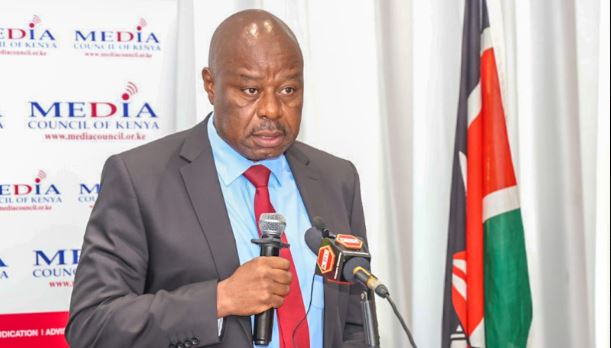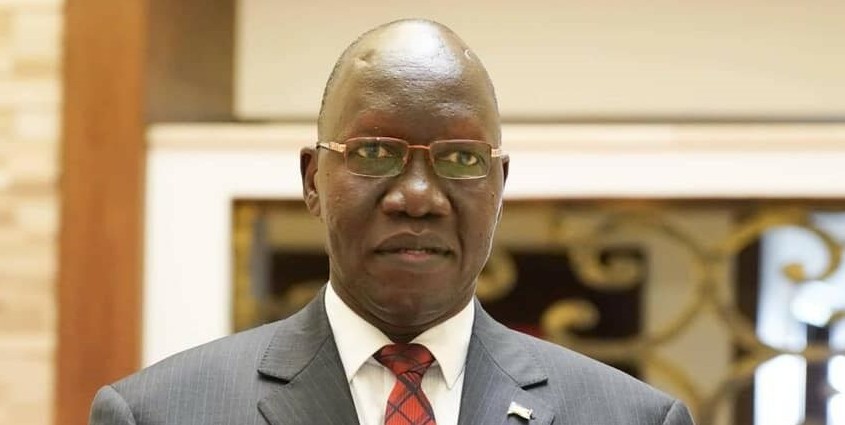High Court declares ICT PS Kisiang’ani has no powers to decide who gets govt advertising

Lawyers and journalists accused Kisiang’ani of monopolising government advertisements to cripple independent media houses financially.
The High Court has slammed ICT Principal Secretary Edward Kisiang’ani for restricting private media houses from accessing government advertisements, terming it unconstitutional.
Justice Lawrence Mugambi on Thursday ruled that Kisiang’ani lacked the authority to dictate to public officers and government entities where to place their ads.
More To Read
- Supreme Court to begin year-end recess on December 21
- JSC shortlists 100 candidates for High Court judge positions
- High Court suspends enforcement of disputed sections of cybercrime law pending petition hearing
- MPs demand answers over Sh34.3 billion spent on public Wi-Fi project
- 129 judicial officers appointed as Small Claims Court adjudicators
- High Court sides with DPP, quashes Magistrate's ruling in Sh112 million fraud case
The court found that Kisiang’ani had overstepped his mandate by limiting government advertising to select platforms, a move Justice Mugambi said was aimed at censoring independent media by depriving them of revenue.
“The second respondent unlawfully appropriated unto himself non-existent powers. Under the Public Procurement and Asset Disposal Act, the second respondent has no capacity to exercise such powers, rendering his memo void ab initio,” Justice Mugambi ruled.
According to the judge, Kisiang’ani had misconstrued the public procurement law and taken over the Treasury Cabinet Secretary’s role of formulating policies and issuing guidelines on government purchases.
The case was brought before the court by the Law Society of Kenya (LSK), the Kenya Editors Guild (KEG) and the Kenya Union of Journalists (KUJ), who sought to overturn Kisiang’ani’s directive.
The PS had instructed that all government advertising on television be placed exclusively with the Kenya Broadcasting Corporation (KBC), a move the petitioners argued was unlawful and violated regulations on government communication.
Lawyers and journalists accused Kisiang’ani of monopolising government advertisements to cripple independent media houses financially.
Top Stories Today











































